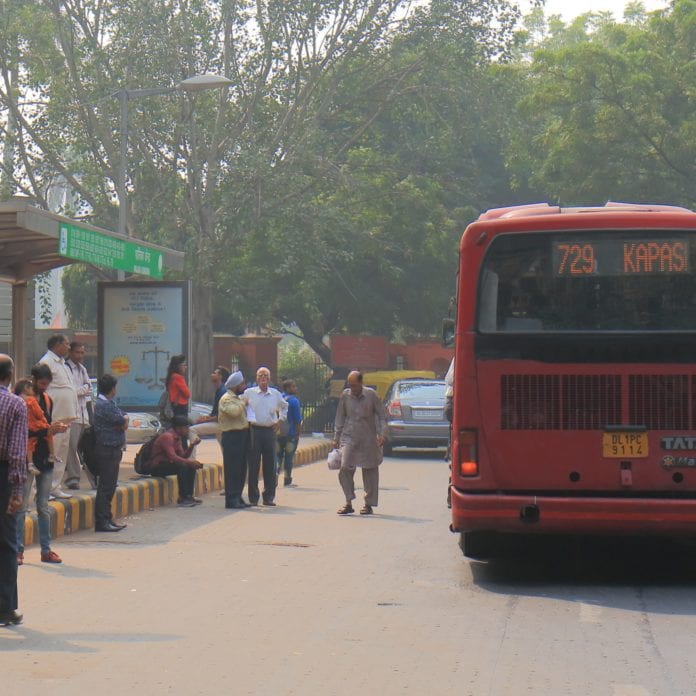Cisco and Google’s partnership in India is part of the global initiative to scale accessible, reliable Wi-Fi
Cisco announced early this week that it has teamed up with Google to provide free, high-speed Wi-Fi to 200 locations across India in the next two months. The planned locations are all in Bengaluru, the capital of India’s southern Karnataka state, and the region considered to be the center of India’s high-tech industry.
Cisco said the public Wi-Fi zones, powered by Google Station (gStation), will be in high-traffic areas, like bus stations, government buildings and hospitals. These densely-populated and highly-trafficked locations struggle to provide quality connectivity to hundreds, often thousands, of devices simultaneously.
Currently, 25 zones have been implemented, and Google and Cisco’s final aim is to provide 500 zones in Bengaluru alone, before eventually expanding into other regions across India.
The public Wi-Fi plan in India is part of the global alliance the two companies announced last February, which aims to provide communities with limited connectivity around the world sustainable, accessible and reliable public Wi-Fi. The program is centered around the concept of “includ[ing] one billion people in the growth opportunities of the digital economy.”
“Solving for access is one of the core pillars of our ‘Next Billion Users’ strategy,” said Sajith Sivanandan, MD and business head, Google Pay and Next Billion User Initiatives, India. “With gStation, we have developed a best in class public Wi-Fi solution that provides a seamless, high-quality broadband experience to users.”
Cisco said India currently has 15,000 Wi-Fi hotspots and would need at least 4 to 6 million more to reach a scale to compete with global markets.
The public Wi-Fi initiative in Bengaluru is somewhat reminiscent of Google’s 2015 efforts to bring Wi-Fi to India’s train stations, a development that even at the time was understood to be just the beginning of something bigger.
Cisco President (India and SAARC) Sameer Garde emphasized the global aspect of the partnership, commenting, “India is the first country where we are rolling this out,” which suggests we might see similar deployments taking shape in other countries.

